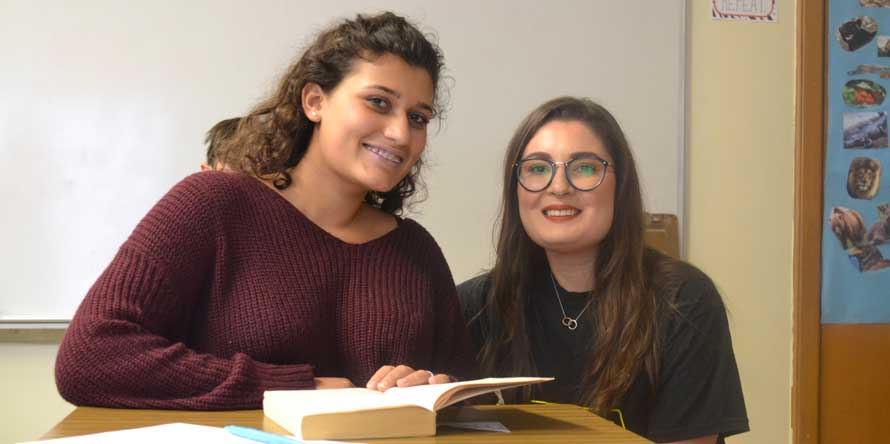What you need to know about your child's IEP

Related services are additional supportive services required to assist your child with attaining a free, appropriate, public, education ( FAPE). Below are some of the supportive services listed under the Individuals with Disabilities Education Act (IDEA):
- Occupational therapy
- Transportation
- Speech-language pathology
- Counseling services (including rehabilitation counseling)
- School health services
- Social work services in schools
This list does not include every related service that a child may need or a school may offer.
| IEP | 504 Plan | |
|---|---|---|
| Description | A plan for a child’s complete special educational experience. | A plan for how a child will have access to learning at school. |
| What does the plan provide? | Provides individualized special education and related services, such as speech and language, occupational therapy, and counseling. | Provides services and modifications to the learning environment to meet the needs of the child as adequately as other students. |
| What law applies? | The individuals with Disabilities Education Act (IDEA) is a federal special education law for children with disabilities. | Section 504 of the Rehabilitation Act of 1973 is a federal civil rights law that inhibits discrimination against people with disabilities. |
| Who is eligible? |
A child that has been classified with one or more of the 13 specific disabilities listed in IDEA. Learning and attention issues may qualify. The disability must affect the child’s educational performance and/or ability to learn. |
A child that has a disability, which may include learning or attention issues that substantially limits one or more basic life activities, such as learning. The disability must interfere with the child’s ability to learn in a general education classroom. |
